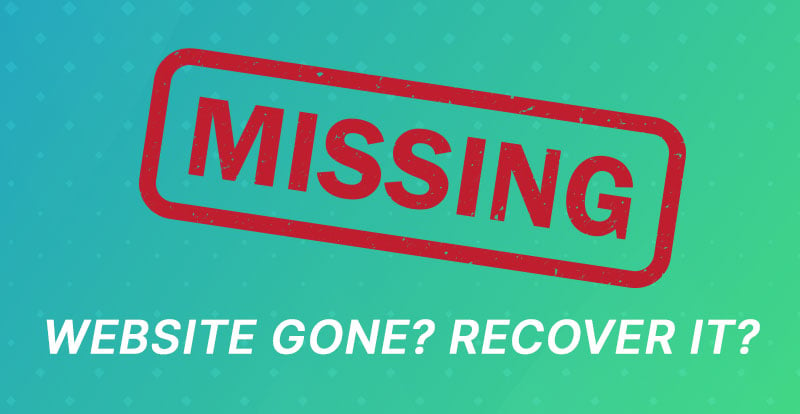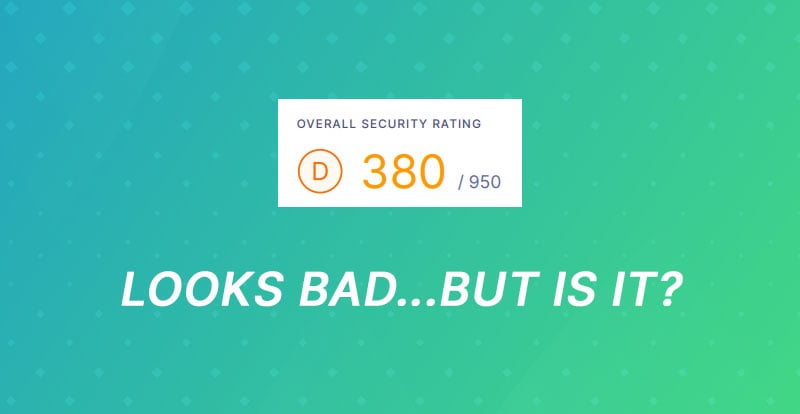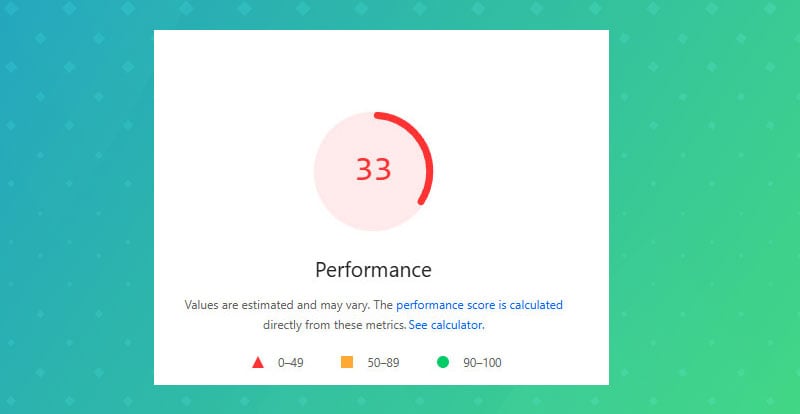We’ve worked with a lot of small businesses in Philly. Most of them didn’t come to us first. They went somewhere cheaper, tried DIY, or hired a cousin. Then a few months later, they came to us wondering why nothing was happening. These are the things we hear over and over again. If you're building a site, read this first.
1. Just having a website doesn’t mean people will show up
We’ve had so many Philly business owners come to us frustrated because they launched a brand new website and… nothing happened. No new customers, no calls, no bump in business. It’s a common assumption that once your site is live, people will magically find it. But the internet doesn’t work like that. Google doesn’t automatically send traffic your way just because your site exists. You need something in place to actually get people there.
That “something” is marketing. You can run Google Ads, post on social media, send out emails, improve your SEO, or all of the above. Without at least one of those strategies, your website is basically sitting on a shelf collecting dust. It’s like opening a store in a hidden alley with no sign out front. We've seen clients come to us months after launching their site somewhere else, asking why they weren’t getting any leads. The answer is always the same: no one knew it existed.
If you’re about to build a new site or redo an old one, figure out how people are going to find it. If you're not sure what that looks like, start with this post on tracking website success for local businesses - we break down what actually matters once your site is live.
2. ADA compliance is a real thing
A lot of business owners we talk to have never heard of ADA compliance, or they assume it doesn’t apply to them because they’re small. But every year, more small businesses get hit with lawsuits over websites that aren’t accessible. It’s a real risk. ADA stands for the Americans with Disabilities Act, and it doesn’t just apply to physical spaces. Your website needs to be usable by people with vision, hearing, or motor impairments—things like using screen readers, navigating by keyboard, or understanding content with high contrast and clear structure.
What does that actually mean? It means making sure your text is readable, your images have alt tags, and your site can be used without a mouse. Most developers don’t build with this in mind unless you specifically ask. And the lawsuits aren’t just theoretical. We've had clients reach out after getting scary legal letters. It’s not fun, and it's not cheap. Accessibility is good for everyone, and it protects your business. If you’re not sure where you stand, we wrote more about the risk (and how to avoid it) in this post about ADA compliance and lawsuits.
3. Google Ads tracking gets messy if you don’t set it up right
We’ve seen too many Philly businesses throw money at Google Ads and hope for the best. The ads run, the clicks come in, and then... silence. No idea if the clicks turned into calls, or form submissions, or actual paying customers. Running ads without tracking is like handing out flyers in Center City and not checking if anyone walks through the door.
Tracking isn’t built-in by default. You have to set it up—things like Google Tag Manager, conversion events, and custom thank-you pages. And then you have to make sure it’s all working. Most business owners either don’t know how, or they think it’s already happening because they installed a pixel once. Part of every campaign we run is setting this up the right way from day one. We track what really matters—actual conversions, not just traffic.
This is especially important if you’re judging your ad spend based on whether it’s "working." If you’re guessing, you’re wasting money. If you want a clear breakdown of what to track and why it matters, check out our full writeup on tracking website success. It’s the stuff no one tells you until after you’ve burned through your budget.
4. SEO in Philly is more competitive than people expect
We’ve had plenty of clients come to us saying something like, “We just want to rank on Google. We’ll add a few keywords to the homepage.” That might’ve worked ten years ago, but not now—especially not in Philly. Whether you’re a dentist in Center City, a roofer in Northeast Philly, or a contractor in the suburbs, you’re likely competing with dozens of other businesses who’ve been working on SEO for years. Ranking on Google isn’t about sprinkling in a few keywords anymore. It’s about earning it.
That means doing things like writing helpful content, targeting specific neighborhoods or services, getting listed in all the right directories, earning reviews, and cleaning up your Google Business Profile. The work is consistent and long-term. It pays off, but it’s not quick. We’ve had clients who were frustrated they weren’t showing up in search—even though their site looked great—because no one ever told them about the competitive side of SEO in their industry.
If you’re curious what it takes to actually compete, we break it down in this post on optimizing your site for Philly-based searches. It’s not magic. But it does take more than a few tweaks.
5. Bad photos can ruin an otherwise great design
You could have a beautiful custom website, clean layout, good messaging—but if your photos look like they were taken in a rush on a 2012 iPhone, people are going to bounce. We’ve seen it happen. Clients spend thousands on a redesign, then send over dark, grainy, or poorly lit images. Or worse, stock photos that don’t match the business at all. It kills the whole vibe and makes your business feel generic.
The truth is, good photography is one of the easiest ways to stand out. For restaurants, salons, med spas, or anything visual, people are judging you by how your business looks. And yes, your photos are your brand. You don’t need a fancy production crew, but you do need something better than what your friend’s cousin shot five years ago.
We always recommend setting aside a small budget for updated photos. You’ll use them on your site, social media, and in marketing for years. For tips on how to get better images, or at least avoid the common mistakes, check out our post on taking high-quality photos for your website.
6. You’re going to be asked for stuff
A lot of people think hiring a web design agency means they can fully hand everything off. We wish that were true, but no matter how hands-off you want to be, there are still things we’ll need from you. Things like: your logo, a rough idea of your services, pricing, photos, your team bios, or even your hours. We don’t make this stuff up, and if it’s missing, we can’t move forward.
This is where a lot of projects get stuck. We’ve seen launches delayed by months just because someone didn’t send over their pricing or couldn’t decide what to write for their homepage. And we get it—running your business is already a full-time job. But if you’re not able to carve out time to help us get the pieces we need, your project’s going to sit in limbo.
We try to make it easy. We give clear checklists and help you break it up into manageable chunks. If you’re not sure what’s usually required, take a look at our post on what we need from you to build your website. Knowing what’s coming makes the whole process smoother and faster.
7. Having one person in charge keeps things moving
One of the biggest project killers is too many cooks. We’ve worked with plenty of businesses where three or four people were giving feedback—and they all had different opinions. One person wants a blue button. Another wants green. A third wants no button at all. It turns into a back-and-forth that drags on for weeks and burns through everyone’s time and energy.
The best projects are the ones where one person is the main point of contact. That doesn’t mean they make every decision alone—but it does mean they collect feedback internally, prioritize it, and give us one clear direction. It keeps momentum going and avoids conflicting edits. We’ve had projects wrap up in a few weeks just because there was one responsive person calling the shots.
If you're working with a partner or a team, decide early on who’s going to be the point person. Trust us—it’s one of the easiest ways to save time and keep things on track.




